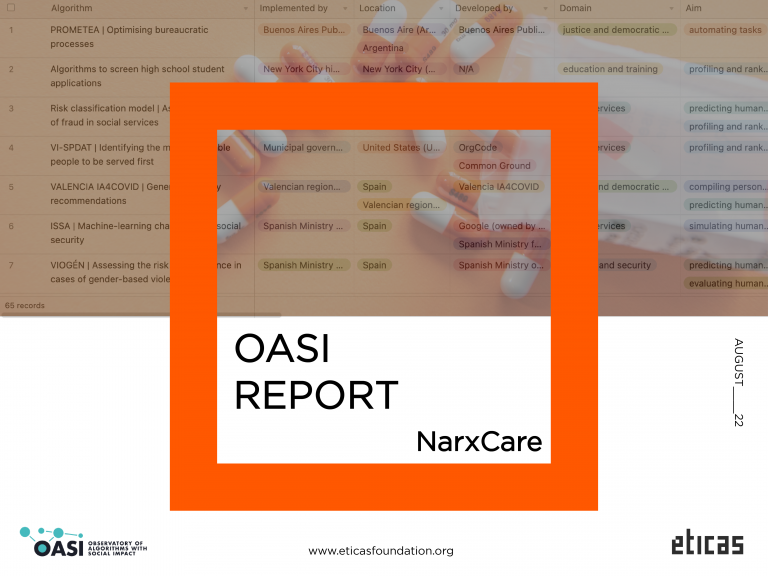
A 2017 investigation from ProPublica and Consumer Reports that compared the car insurance premiums across four different American states (California, Illinois, Texas, and Missouri) discovered that persons from minority neighborhoods pay higher premiums than those who live in predominantly white neighborhoods, despite having similar risk profiles (Angwin, Larson, Kirchner, and Mattu 2017).
According to the report, in spite of the fact that discriminatory pricing strategies are legally banned in the US, insurance companies have managed to introduce pricing systems that are largely insulated from public scrutiny due to their level of complexity (ibid). Such complexity makes it difficult for the government at the state and federal levels to regulate and assess their fairness. The discriminatory nature of the premium setting practices is largely protected because algorithms do not explicitly consider race. Rather, they rely on close proxies (such as ZIP code) that create the same results but do not implicate the same anti-discrimination laws as protected classes of information.






